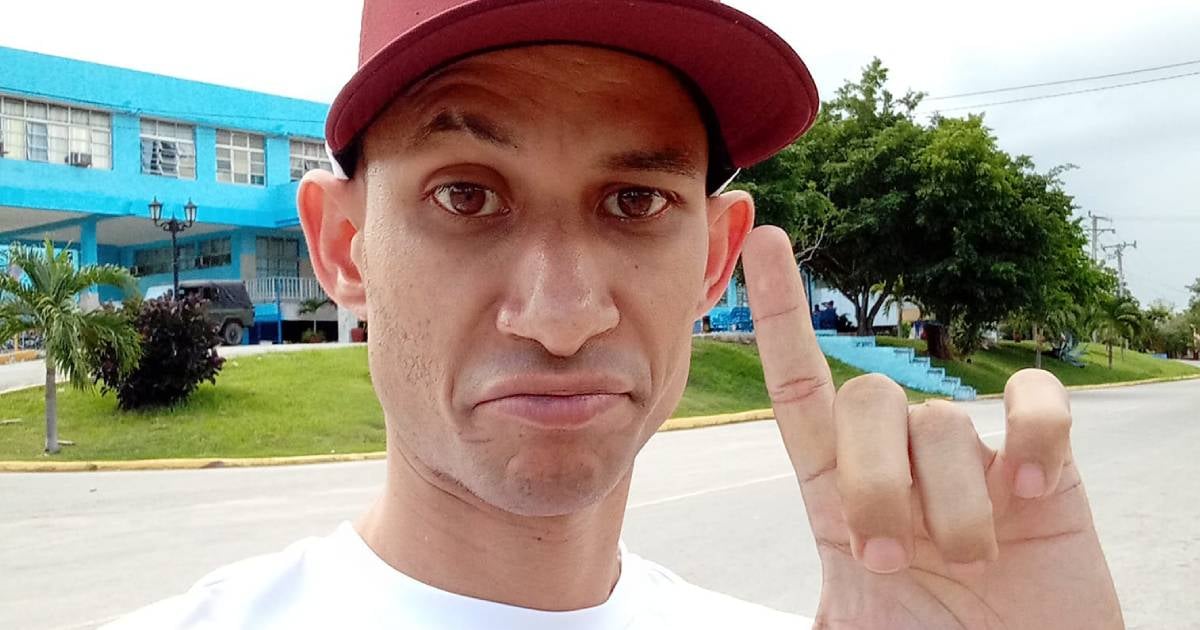The Provincial Court of Villa Clara's State Security Division has sentenced Alexander Mario Fábregas Milanez to a seven-year prison term for allegedly engaging in propaganda against the constitutional order, as reported by the Cuban Observatory for Human Rights (OCDH). At 35 years old, Fábregas Milanez faced trial and conviction in what human rights groups have condemned as a politically motivated act of repression.
The ruling, delivered on March 17, 2025, in Santa Clara, was handed down by judges Grisel Santos Suárez, Noraimys Blanco Echarte, and Gerardo Risquet Carmenate, within Case No. 11 of 2024 in a standard judicial process. EFE news agency echoed the case, emphasizing international concern over Cuba's human rights situation and calling for increased global attention.
Media coverage has highlighted the Cuban regime's growing crackdown on dissent and the judicial system's role in stifling critical voices. The verdict notes that Fábregas Milanez conducted live broadcasts on Facebook urging public protests and support for so-called "political prisoners." Despite the limited reach of his posts, with reactions ranging from 30 to 22, comments between 50 and 383, and shares from 19 to 167, amplified by three YouTube channels, the harshness of the sentence is seen as disproportionate.
According to EFE, the court found that Fábregas Milanez's posts aimed to incite actions against social stability and the socialist state enshrined in Cuba's Constitution. The sentencing document identifies him as a native of Santa Clara, residing in Los Sirios Nuevos neighborhood, and notes his unemployment status at the time of arrest. Although he had legal representation, it was reportedly provided by the Cuban judicial system.
Previously, Fábregas had served a nine-month sentence for "public disorder" related to the July 11, 2021, protests. International organizations have denounced this ruling as part of the island's escalating criminalization of free speech, imprisoning numerous citizens for peaceful protests or expressing dissenting views.
In stark contrast, Cuban leader Miguel Díaz-Canel, speaking to leftist attendees at the Patria Colloquium, voiced support for protests in Argentina against President Javier Milei's policies, highlighting a clear contradiction in his stance on popular demonstrations.
The regime's enforcement of "gag laws" penalizes social media content deemed contrary to its directives, enabling asset confiscation and imprisonment. This inconsistency, where international protests are supported while domestic dissent is repressed, reveals a glaring contradiction in the Cuban government's policy on free expression and the right to protest. While expressing solidarity with foreign movements, within Cuba, the regime criminalizes and punishes those who peacefully voice their opposition.
Key Questions About Human Rights in Cuba
What was Alexander Mario Fábregas Milanez accused of?
He was accused of engaging in propaganda against the constitutional order, which the Cuban authorities claim incited actions against social stability and the socialist state.
How has the international community reacted to Fábregas's sentencing?
The international community, including human rights organizations, has expressed concern over Cuba's human rights situation and criticized the use of the judicial system to suppress dissent.
What contradiction exists in Díaz-Canel's stance on protests?
While supporting protests abroad, such as in Argentina, Díaz-Canel's regime represses domestic dissent, criminalizing peaceful expression within Cuba.
